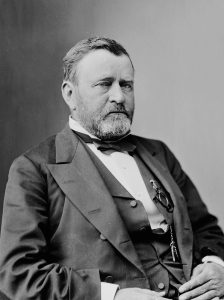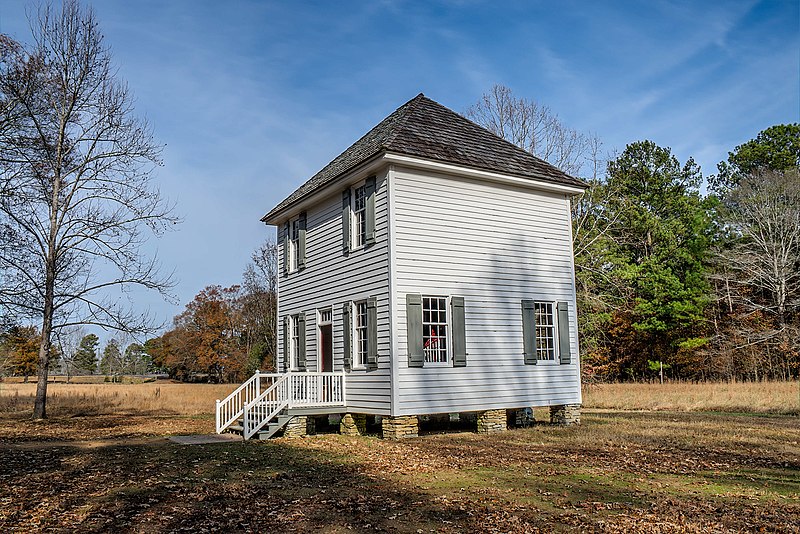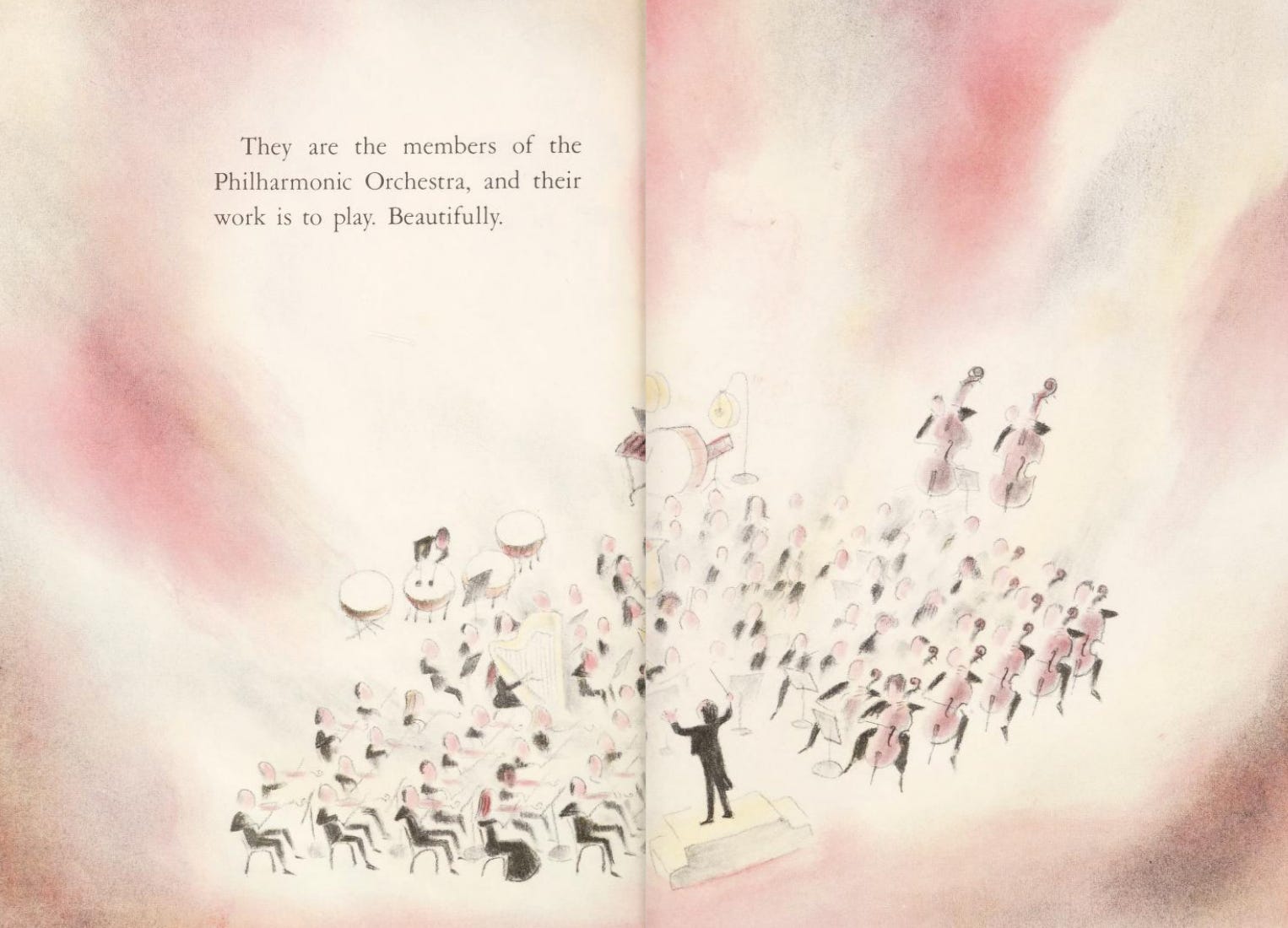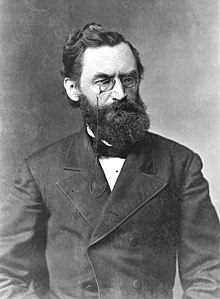In 2021 the Belgian singer Stromae released the song “Santé”, a paean to the invisible workers who receive all too little regard while performing work that supports our society. If you have never seen the music video, stop reading now and watch the link above, and rejoice in being one of the lucky ten thousand today.
Back? Let’s continue. Part of the lyrics are this:
Pilotes d’avion ou infirmières
Chauffeurs de camion, hôtesses de l’air
Boulangers ou marins-pêcheurs
Un verre aux champions des pires horaires
Aux jeunes parents bercés par les pleurs
Aux insomniaques de profession
Et tous ceux qui souffrent de peines de cœur
Qui n’ont pas le cœur aux célébrations
Qui n’ont pas le cœur aux célébrations
In English:
Airplane pilots or nurses
Truck drivers, flight attendants
Bakers or fishermen
A drink to the champions of the worst schedules
To young parents rocked by crying
To professional insomniacs
And all those who suffer from heartache
Who have no heart for celebrations
Who have no heart for celebrations
The mention of nurses is of course not surprising for a pandemic-era song, but let’s consider the airline pilots. Pilots are of course not nearly as invisible as the cooks and cleaners shown in the music video; after all, who could miss them in their smart uniforms with stripes on their sleeves? It is not every job where one is responsible for the safety of dozens or hundreds of people at once. Flying is very safe (but we’ll get back to that in a moment), but the sheer flying skill of a pilot is tested the most when things have gone wrong.
A pilot is not just a glorified bus driver (but don’t underestimate the bus drivers either!); the training required makes piloting very clearly a skilled profession that continues to command public respect. For all that, however, pilots are still labor, not management. A pilot-in-command’s near absolute authority regarding flight safety evaporates the moment that they exit the plane. Fundamentally, the management of the airline calls the shots, telling pilots where to go, when, and with what fuel allotment. Pilots need their unions; passenger airlines are not in fact hugely profitable percentage-wise, so there is always at least of background level of management attempting to cut cost as well as a lot of very smart people trying to completely automate airliners.
Cut costs too much in the wrong ways, of course, and the result will be less safety. However, airliner travel is incredibly safe by every measure you can think of. The last fatal passenger airliner crash in the United States was over fifteen years ago!
This degree of safety is mostly not a matter of luck. In fact, I argue that it is one of the crowning achievements of modern society: it is the result of literally decades of work across the globe to improve aircraft design, pilot training, air traffic control, and emergency procedures conducted by governments and corporations across the globe. Along the way, we collectively have learned many important lessons, some of which apply to most any job that presents risks to the workers or the public:
- Make sure to investigate every significant accident or incident (and as many of the minor ones as you can)
- Keep digging until you find the ultimate cause(s) of the incident, then dig some more
- Look for the systemic causes before laying blame on the people involved (too often has “pilot error” been invoked for crashes where the fundamental problem was with the design of the airplane)
- Make it possible for people to report incidents without fear for their jobs
- Safety practices are perishable: you can never stop doing your bit to promote safety culture when doing dangerous jobs
For more on flight safety, I particularly recommend Admiral Cloudberg’s retrospectives on airline crashes.
These lessons (and the more technical ones about aircraft design and flying procedures) were learned the hard way. Many regulations are written in blood, especially in flight safety.
So on this labor day, please also give a toast to the safety staff of the world: the crash investigators, the engineers, the policy analysts, the lawyers, the pilots… and the flight attendants.
 Marlene’s Note: Because Reading Reality is, at its heart – or mine – a book blog, I can’t resist mentioning a book series here that is absolutely on the nose for the topic at hand. If, after reading Galen’s excellent post about the labor of pilots and the labor of the people at the National Transportation and Safety Board who investigate incidents to help keep us all safe while we travel – and particularly while we fly – you’d like to explore that process a bit more in an exciting, fictional way, through the operations of a terrific group of characters, let me recommend (again, I’ve done it before in reviews) the Miranda Chase NTSB series by M.L. Buchman that begins with Drone. The series is a political technothriller, but at the heart of each and every story is a plane crash and the team’s meticulous investigation into the cause of that crash. So far, every single book in the series has been an edge-of-the-seat thrill ride, and I’ve loved every one of them. Hopefully you will too.
Marlene’s Note: Because Reading Reality is, at its heart – or mine – a book blog, I can’t resist mentioning a book series here that is absolutely on the nose for the topic at hand. If, after reading Galen’s excellent post about the labor of pilots and the labor of the people at the National Transportation and Safety Board who investigate incidents to help keep us all safe while we travel – and particularly while we fly – you’d like to explore that process a bit more in an exciting, fictional way, through the operations of a terrific group of characters, let me recommend (again, I’ve done it before in reviews) the Miranda Chase NTSB series by M.L. Buchman that begins with Drone. The series is a political technothriller, but at the heart of each and every story is a plane crash and the team’s meticulous investigation into the cause of that crash. So far, every single book in the series has been an edge-of-the-seat thrill ride, and I’ve loved every one of them. Hopefully you will too.









